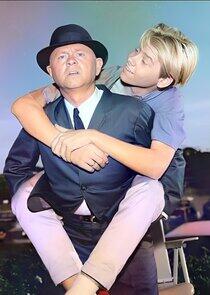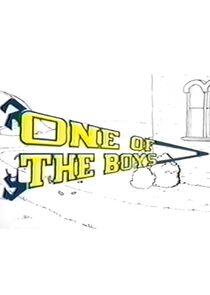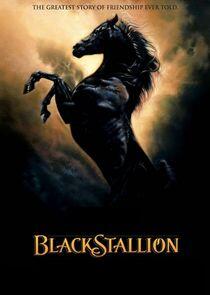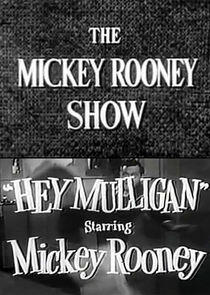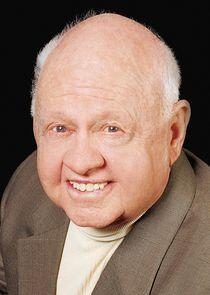
Mickey Rooney
At the peak of his career between ages 15 and 25, he made 43 films, and was one of Metro-Goldwyn-Mayer's most consistently successful actors. A versatile performer, he became a celebrated character actor later in his career. Laurence Olivier once said he considered Rooney "the best there has ever been". Clarence Brown, who directed him in two of his earliest dramatic roles in National Velvet and The Human Comedy, said Rooney was "the closest thing to a genius" with whom he had ever worked. He won a Golden Globe Award in 1982 and an Emmy Award in the same year for the title role in a television movie Bill and was awarded the Academy Honorary Award in 1982.
Rooney first performed in vaudeville as a child actor, and made his film debut at the age of six. He played the title character in the "Mickey McGuire" series of 78 short films, from age seven to 13. At 14 and 15, he played Puck in the play and subsequent film adaptation of A Midsummer Night's Dream. At the age of 16, he began playing Andy Hardy, and gained his first recognition at 17 as Whitey Marsh in Boys Town. At only 19, Rooney became the second-youngest Best Actor in a Leading Role nominee and the first teenager to be nominated for an Academy Award for his performance as Mickey Moran in 1939 film adaptation of coming-of-age Broadway musical Babes in Arms; he was awarded a special Academy Juvenile Award in 1939. Rooney received his second Academy Award nomination in the same category for his role as Homer Macauley in The Human Comedy.
Drafted into the military during World War II, Rooney served nearly two years, entertaining over two million troops on stage and radio. He was awarded a Bronze Star for performing in combat zones. Returning in 1945, he was too old for juvenile roles, but too short at 5 ft 2 in (157 cm) for most adult roles, and was unable to gain as many starring roles. However, numerous low-budget, but critically well-received pictures through the mid-1950s had Rooney playing lead dramatic roles in what were later regarded as films noir. Rooney's career was renewed with well-received supporting performances in films such as The Bold and the Brave (1956), Requiem for a Heavyweight (1962), It's a Mad, Mad, Mad, Mad World (1963), Pete's Dragon (1977), and The Black Stallion (1979). Rooney received Academy Award nominations for Best Actor in a Supporting Role in 1957 for The Bold and the Brave, and 1980 for The Black Stallion. In the early 1980s, he returned to Broadway in Sugar Babies, a role that earned him nominations for Tony Award and Drama Desk Award for Best Actor in a Leading Role in a Musical. He made hundreds of appearances on TV, including dramas, variety programs, and talk shows.
Biography from the Wikipedia article Mickey Rooney. Licensed under CC-BY-SA. Full list of contributors on Wikipedia.
Known For
Recently Updated Shows

The Pitt
The Pitt is a realistic examination of the challenges facing healthcare workers in today's America as seen through the lens of the frontline heroes working in a modern-day hospital in Pittsburgh, Pennsylvania. Each episode follows an hour of Dr. Robby's 15-hour shift as the chief attendant in Pittsburgh Trauma Medical Hospital's emergency room.
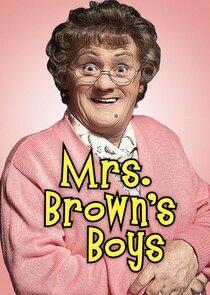
Mrs. Brown's Boys
Comedy starring Brendan O'Carroll as loud-mouthed Irish matriarch Agnes Brown, whose favourite pastime is meddling in the lives of her six children.
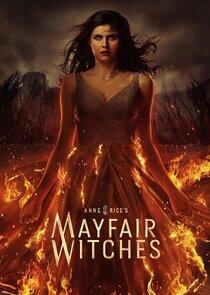
Anne Rice's Mayfair Witches
Anne Rice's Mayfair Witches centers on an intuitive young neurosurgeon who discovers that she is the unlikely heir to a family of witches. As she grapples with her newfound powers, she must contend with a sinister presence that has haunted her family for generations.

The Ark
The Ark takes place 100 years in the future when planetary colonization missions have begun as a necessity to help secure the survival of the human race. The first of these missions on a spacecraft known as Ark One encounters a catastrophic event causing massive destruction and loss of life. With more than a year left to go before reaching their target planet, a lack of life-sustaining supplies and loss of leadership, the remaining crew must become the best versions of themselves to stay on course and survive.
